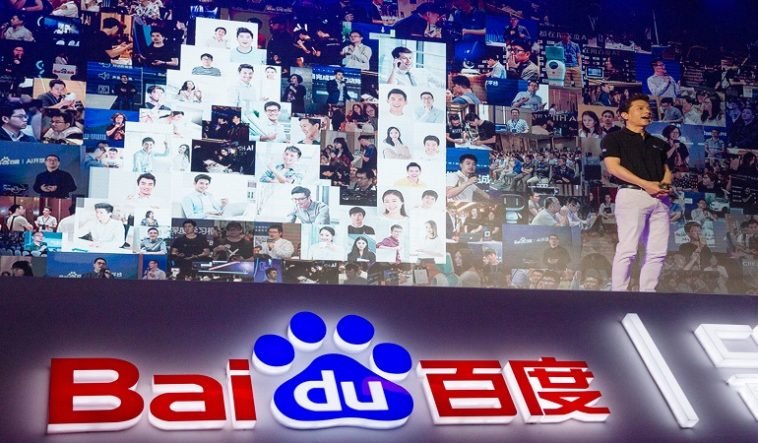Nearly six years ago, a Google AI program defeated the top Go player in China and globally, sparking China’s AI revolution. This led to Beijing launching a massive AI initiative and investors funding numerous new projects.
Recently, another milestone has been reached with the emergence of ChatGPT, instigating a new AI race in the domain of machine-generated content. Baidu, China’s search giant, introduced its ChatGPT competitor, Ernie, in Beijing. However, the launch was underwhelming.
During the supposedly live demonstration, Baidu’s CEO, Robin Li, admitted the presentation was prerecorded “to save time.” This disclosure led to Baidu’s shares dropping by 10% in Hong Kong, a stark contrast to the surge earlier this year following the announcement of Ernie’s development since 2019.
This incident highlights the challenges faced by companies like Baidu and Google in keeping up with ChatGPT, which recently released an updated version. It also underscores that China has ground to cover in the AI race against the United States, which has intensified amid strained relations between the two nations. The US has restricted China’s access to high-end computing chips – essential for technologies like ChatGPT and Ernie.
Due to immense computing demands, only a few organizations, mainly in the US or China, can develop bots based on large language models. Microsoft has invested billions in OpenAI, the creator of ChatGPT.
Ernie, short for Enhanced Representation through Knowledge Integration, was scheduled to be available to select users from the day of its launch. Despite its disappointing introduction, many in China questioned why the country, with billions of dollars in investments from the government and venture capitalists, hadn’t made more progress since Google’s AlphaGo triumphed over Go champion Jie Ke in 2017.
Huang Yasheng, an MIT professor, attributes this to China’s lack of diversity in thought and free expression, which are crucial for innovative thinking. Additionally, China’s strict censorship rules could hinder data quality and impede chatbot development, according to Xu Chenggang, a research scholar at Stanford’s Center on China’s Economy and Institutions.
Chinese officials, like the minister of science and technology, Wang Zhigang, have tried to manage expectations, admitting that it might take some time for China to achieve the same level of performance as OpenAI.


